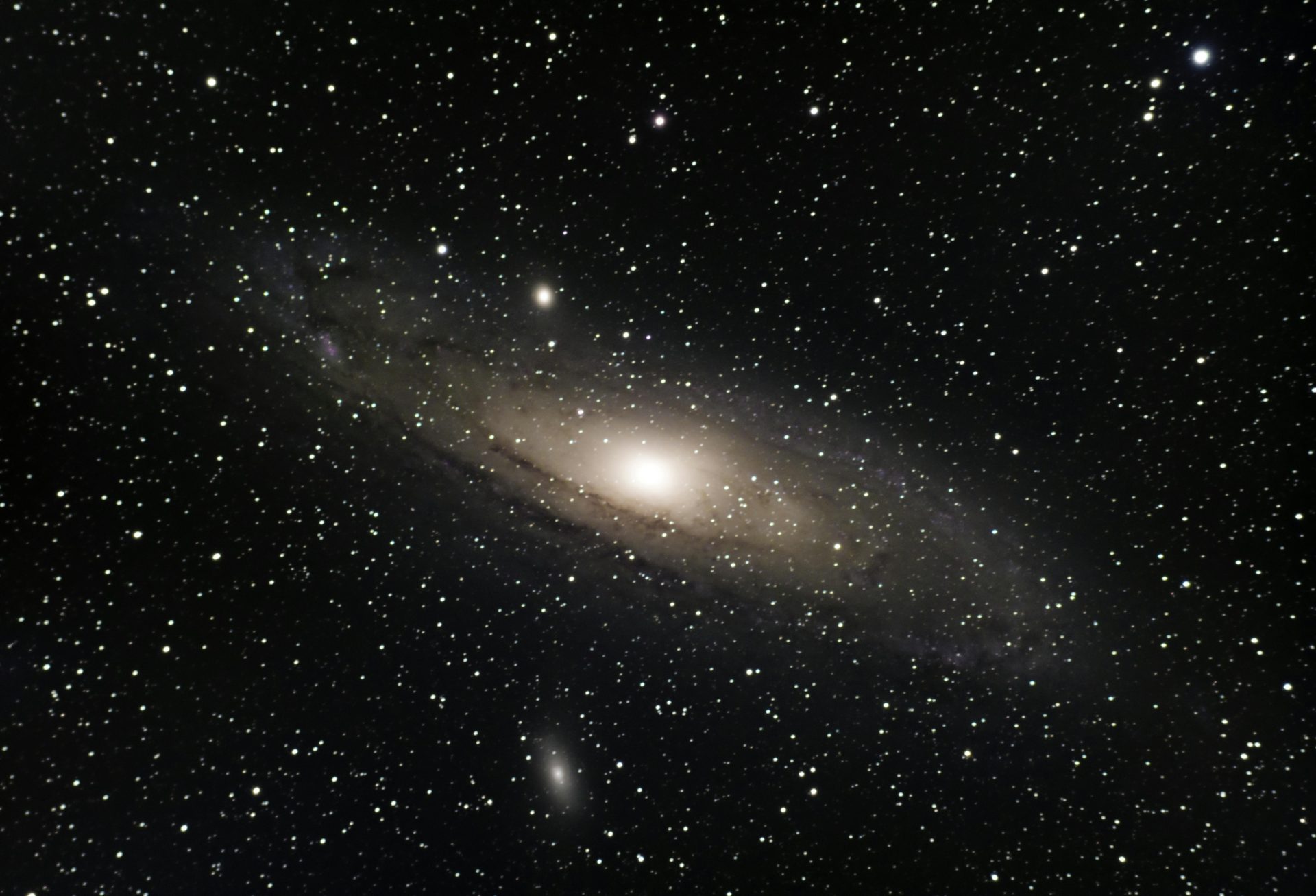How Does Consciousness Differ from the Subconscious Mind?

Before diving in, please note: This post is for informational purposes only. If you’d like to know more about how we approach topics, feel free to check out our friendly Disclaimer Page.
Hey there, amazing readers! 🖐️ Just a quick note: yes, we know there are a lot of ads here. Trust us, we get it—it’s not the prettiest look, but they help us keep this blog alive and kicking. Those pesky little ads cover the costs of all the behind-the-scenes magic, from hosting and tech stuff to creating content we hope you’ll love.
We’re committed to delivering quality posts, and your support (even just sticking around despite the ads) means everything to us. So, bear with us, and thanks for helping us keep the good vibes rolling. Now, on to the fun stuff! 😉
TRANSLATE BUTTON AT THE END OF THE ARTICLE
Understanding Consciousness and the Subconscious Mind
Consciousness and the subconscious mind are two integral components of our mental processes that play distinct roles in shaping our thoughts, emotions, behaviors, and overall perception of the world around us.
Understanding the differences between consciousness and the subconscious mind is crucial for gaining insight into how our minds operate and influence our daily lives.
Defining Consciousness and the Subconscious Mind
Consciousness can be described as the state of awareness of our thoughts, feelings, sensations, and surroundings.
It is the part of our mind that we actively experience and engage with on a day-to-day basis.
On the other hand, the subconscious mind operates below the level of conscious awareness and stores information, memories, beliefs, and habits that influence our behavior without us being consciously aware of them.
Characteristics of Consciousness and the Subconscious Mind
Consciousness is characterized by being awake, alert, and aware of one’s thoughts and surroundings.
The subconscious mind operates in the background, influencing our behavior and decisions without our conscious knowledge.
Consciousness is associated with rational thinking, logical reasoning, and decision-making, while the subconscious mind is more intuitive, emotional, and automatic in nature.
Consciousness allows us to focus our attention on specific tasks or stimuli, while the subconscious mind processes information simultaneously in the background.
The Role of Awareness in Consciousness and the Subconscious Mind
Awareness plays a crucial role in distinguishing between consciousness and the subconscious mind.
While consciousness involves being fully aware of our thoughts, emotions, and surroundings, the subconscious mind operates outside of our conscious awareness.
Developing mindfulness practices can help individuals become more aware of the thoughts and beliefs stored in their subconscious mind, leading to a deeper understanding of their behavior and motivations.
Processing Information: Conscious vs Subconscious
Conscious processing involves deliberate, focused attention on a task or stimulus, leading to rational decision-making and problem-solving.
Subconscious processing occurs automatically and rapidly, influencing our behavior based on past experiences, beliefs, and emotions stored in the subconscious mind.
While conscious processing is slower and more effortful, subconscious processing is quick, efficient, and often guided by intuition and emotions.
Control and Decision Making: Conscious vs Subconscious
Conscious decision-making involves weighing options, analyzing information, and making deliberate choices based on rational thought processes.
Subconscious influences can impact decision-making without our conscious awareness, leading to automatic responses, biases, and habits that shape our behavior.
Understanding the interplay between conscious and subconscious influences is essential for making informed decisions and taking control of our thoughts and actions.
Influence of Emotions on Consciousness and the Subconscious Mind
Emotions play a significant role in both consciousness and the subconscious mind, influencing our perceptions, decisions, and behaviors.
Conscious awareness of emotions allows us to regulate our feelings, express them appropriately, and make conscious choices based on emotional cues.
The subconscious mind stores emotional memories and responses that can influence our behavior without our conscious knowledge, leading to automatic emotional reactions that may be triggered by specific stimuli.
Memory and Recall in Consciousness and the Subconscious Mind
Conscious memory involves the deliberate recollection of past experiences, events, and information through focused attention and retrieval processes.
The subconscious mind stores vast amounts of information, memories, and beliefs that can influence our behavior and perceptions without our conscious awareness.
Subconscious memory processes operate automatically, shaping our perceptions, behaviors, and responses based on stored memories and associations.
Creativity and Problem Solving: Conscious vs Subconscious
Conscious creativity involves deliberate, focused efforts to generate new ideas, solutions, and insights through logical reasoning and cognitive processes.
The subconscious mind can enhance creativity by processing information in the background, making novel connections, and offering intuitive insights that may not be immediately apparent to conscious awareness.
Balancing conscious problem-solving with subconscious creativity can lead to innovative solutions, unique perspectives, and creative breakthroughs in various domains.
Dreams: Insights into the Subconscious Mind
Dreams provide a window into the workings of the subconscious mind, offering insights into hidden thoughts, emotions, desires, and fears.
During sleep, the subconscious mind processes information, consolidates memories, and generates dream content that may reflect unresolved issues, emotions, or experiences stored in the subconscious.
Analyzing dreams can help individuals gain a deeper understanding of their subconscious beliefs, fears, desires, and motivations, leading to personal growth, self-awareness, and psychological insight.
Brain Activity: Consciousness vs the Subconscious Mind
Consciousness is associated with specific brain regions, such as the prefrontal cortex, that are responsible for higher-order cognitive functions, self-awareness, and conscious thought processes.
Explore the Path to Spirituality and Enlightenment – start here.
The subconscious mind is linked to various brain structures involved in memory, emotion, and automatic processing, such as the amygdala, hippocampus, and basal ganglia.
Studying brain activity patterns can provide valuable insights into the neural mechanisms underlying consciousness and subconscious processes, shedding light on how the brain generates conscious awareness and automatic behaviors.
Developing a Deeper Understanding of Consciousness and the Subconscious Mind
Developing a deeper understanding of consciousness and the subconscious mind requires exploring the complex interactions between these two mental processes and their impact on our thoughts, emotions, behaviors, and perceptions.
By practicing mindfulness, self-reflection, and introspection, individuals can gain insight into their conscious and subconscious influences, leading to enhanced self-awareness, emotional intelligence, and personal growth.
Understanding the differences between consciousness and the subconscious mind can empower individuals to take control of their thoughts, emotions, and behaviors, leading to a more fulfilling and authentic life experience.
By embracing the complexities of our minds and exploring the depths of consciousness and the subconscious, we can unlock hidden potentials, overcome limitations, and cultivate resilience in the face of life’s challenges.
Conclusion
In conclusion, consciousness and the subconscious mind are essential components of our mental processes that shape our thoughts, emotions, behaviors, and perceptions in unique ways.
While consciousness involves awareness, rational thinking, and deliberate decision-making, the subconscious mind operates outside of conscious awareness, influencing our behavior based on stored memories, beliefs, and emotions.
By understanding the distinctions between consciousness and the subconscious mind, individuals can develop greater self-awareness, emotional intelligence, and personal growth.
Exploring the role of awareness, processing information, decision-making, emotions, memory, creativity, dreams, brain activity, and personal development can provide valuable insights into the workings of our minds and empower us to navigate life’s challenges with clarity, purpose, and resilience.

The Enlightenment Journey is a remarkable collection of writings authored by a distinguished group of experts in the fields of spirituality, new age, and esoteric knowledge.
This anthology features a diverse assembly of well-experienced authors who bring their profound insights and credible perspectives to the forefront.
Each contributor possesses a wealth of knowledge and wisdom, making them authorities in their respective domains.
Together, they offer readers a transformative journey into the realms of spiritual growth, self-discovery, and esoteric enlightenment.
The Enlightenment Journey is a testament to the collective expertise of these luminaries, providing readers with a rich tapestry of ideas and information to illuminate their spiritual path.
Our Diverse Expertise 🌟
While our primary focus is on spirituality and esotericism, we are equally passionate about exploring a wide range of other topics and niches 🌍📚. Our experienced team is dedicated to delivering high-quality, informative content across various subjects ✨.
To ensure we provide the most accurate and valuable insights, we collaborate with trusted experts in their respective domains 🧑🏫👩🏫. This allows us to offer well-rounded perspectives and knowledge to our readers.
Our blog originally focused on spirituality and metaphysics, but we’ve since expanded to cover a wide range of niches. Don’t worry—we continue to publish a lot of articles on spirituality! Frequently visit our blog to explore our diverse content and stay tuned for more insightful reads.





